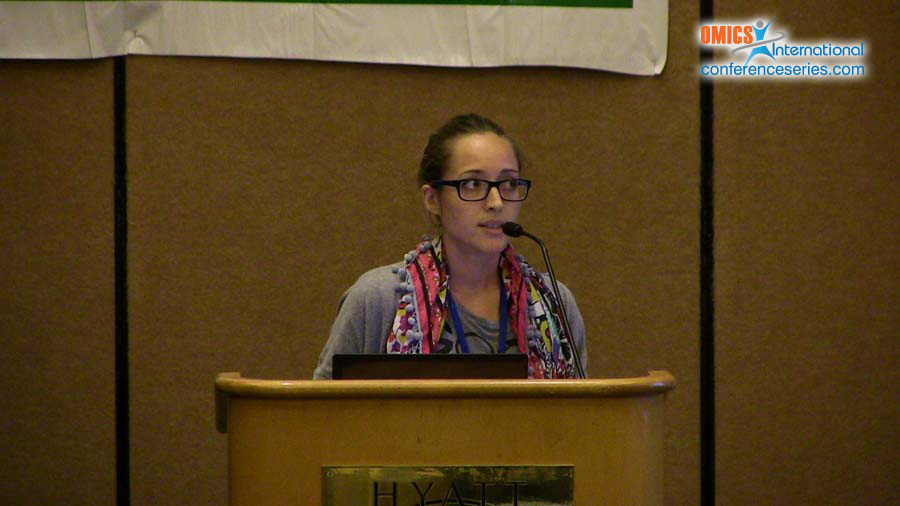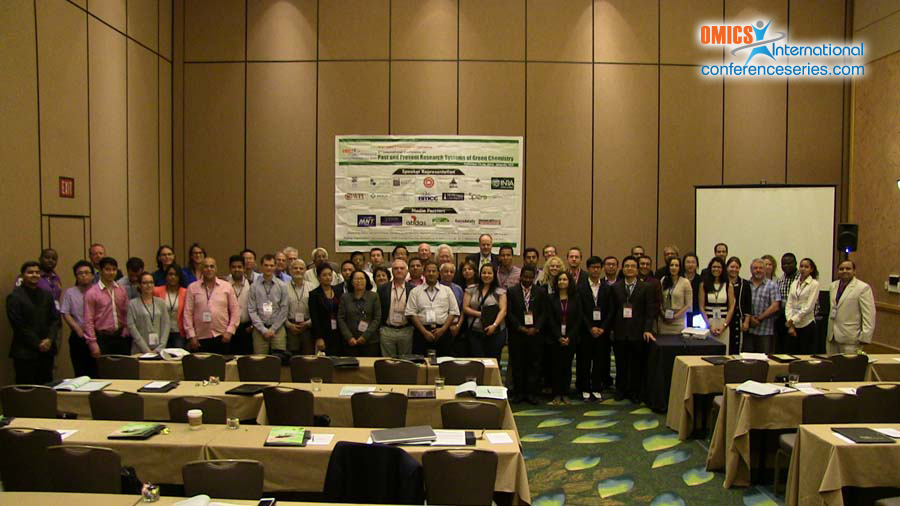
Cecilia Sambusiti
French National Institute for Agricultural Research, France
Title: Thermo-chemical pretreatments for the combined recovery of extractives and bioethanol production from Douglas-fir bark
Biography
Biography: Cecilia Sambusiti
Abstract
The presence of bark in wood can constitute a serious limitation for the bioconversion of forest residues into bioethanol, especially due to the presence of high content of extractives, which may inhibit ethanol fermentation. However, a perfectly debarked wood chip may not represent an economical source of carbohydrates for industrial applications. An option is to utilise bark as a source of renewable energy and chemicals, within a biorefinery platform. In this study, enzymatic hydrolysis and bioethanol fermentation of Douglas-fir bark were studied before and after organosolv and diluted acid pre-treatments performed at 150°C and 180°C. The recovery of valuable platforms molecules was also determined after pre-treatment. Results showed that an organosolv-free acid pre-treatment performed at 150°C gave the best results in terms of platforms molecules recovery (40% w/w) and bioethanol yield (2 g.100g-1 total solids). However, the low glucose and ethanol yields obtained (6% and 16% of the theoretical values, respectively) confirmed that enzymatic hydrolysis remains the limiting step of bioethanol fermentation from bark. Interestingly, ethanol was produced without inhibition of fermentation from the untreated and pretreated substrates.
Speaker Presentations
Speaker PPTs Click Here



